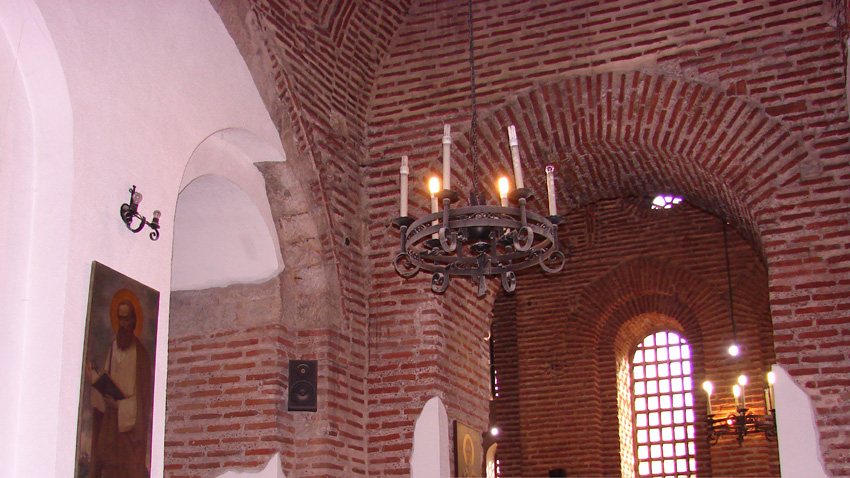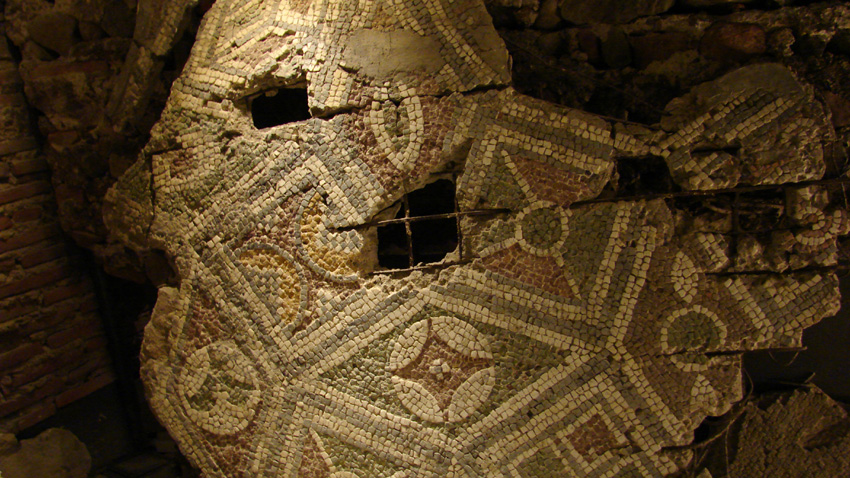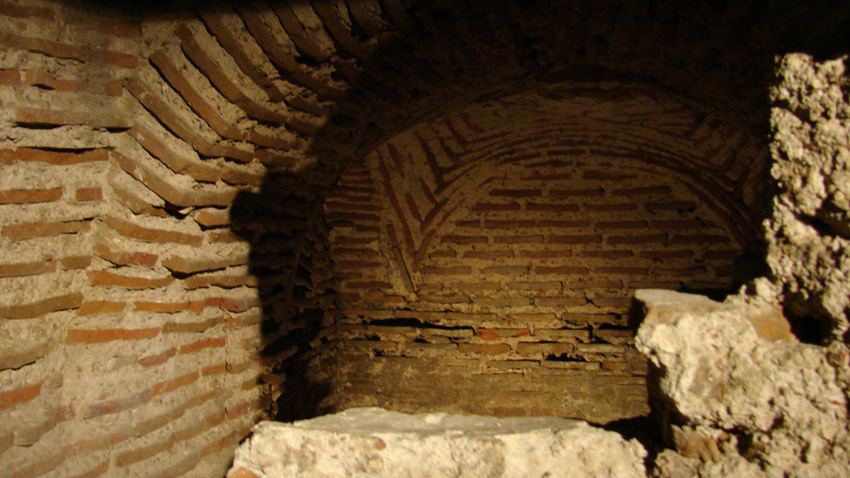From March 11 to 13th, Sofia hosts the international conference “The Saint Sophia Basilica of the transition from pagan rites to Christianity. The participants are scholars from the Balkans, Austria, US and Ukraine including archeologists, historians, theologians, architects, museum workers, restorers. The organizer is the Historical museum of Sofia. Today’s church Saint Sophia is one of the symbols of the capital and is also included in its coat of arms. In fact, its name meaning the god’s wisdom gave the name of the Bulgarian capital. It is believed that the present-day church was the fourth built on this spot. The reasons for the conference are two, says doctor Nadejda Kirova, museum director: 1,700 years since the construction of the first temple as well as the opening for visitors of the church crypt last year:


During the Ottoman rule the temple was turned into a mosque. After the two big earthquakes in 1818 and 1858, Muslims leave it because they believe Allah withdrew his blessing. The Liberation of Bulgaria in 1878 found the church in a state of ruin, and there were even plans to destroy it. But it turned out to be too expensive and thanks to this it has now been preserved and later restored. In 1998, it again opened its doors for the faithful. It is now a functioning temple, it is venerated and loved by Sofians.

Archeological digs underground persisted for years, the conservation and restoration – as well. Among burials only one was with preserved murals. Drawings there testify that the early period of the temple – the transition from paganism and Christianity. The three-day scientific conference is part of the events supporting Sofia’s bid and that of Bulgaria’s Southwestern region for European capital of culture in 2019.
English version: Rossitsa Petcova
Photos: Veneta Pavlova
Father Lyubomir Leontinow is one of three priests at the Cathedral of St Boris the Conqueror in Berlin and was the first priest ordained for the Western and Central European Diocese in 1994. After completing his theology studies in Bulgaria, he settled..
After Cheesefare (Forgiveness) Sunday, the Great Lent has begun on March 3. Orthodox Christians will abstain from eating animal food including meat, eggs, milk and dairy products. The Great Lent symbolizes the 40 days which Jesus spent in the..
Batak is a name every Bulgarian remembers with deference and pain because the fate of the small town in the Rhodopes is scarred by one of the bloodiest events in national memory – the Batak massacre. During the first days after the outbreak of..

+359 2 9336 661
